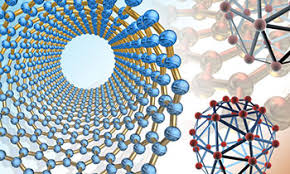Mechanical and Materials Engineering, Department of

Department of Mechanical and Materials Engineering: Faculty Publications
Document Type
Article
Date of this Version
2016
Citation
Adv. Sci. 2016, 1500324
Abstract
Organolead halide perovskite materials possess a combination of remarkable optoelectronic properties, such as steep optical absorption edge and high absorption coefficients, long charge carrier diffusion lengths and lifetimes. Taken together with the ability for low temperature preparation, also from solution, perovskite-based devices, especially photovoltaic (PV) cells have been studied intensively, with remarkable progress in performance, over the past few years. The combination of high efficiency, low cost and additional (non-PV) applications provides great potential for commercialization. Performance and applications of perovskite solar cells often correlate with their device structures. Many innovative device structures were developed, aiming at large-scale fabrication, reducing fabrication cost, enhancing the power conversion efficiency and thus broadening potential future applications. This review summarizes typical structures of perovskite solar cells and comments on novel device structures. The applications of perovskite solar cells are discussed.


Comments
© 2016 The Authors. Published by WILEY-VCH Verlag GmbH & Co. KGaA, Weinheim. Open Access/Creative Commons licensed.